Facial injuries that go beyond the superficial often require the attention of a maxillofacial Rehabilitation, reconstruction, acute treatment, and emergency care are all part of the specialized training these professionals receive. In addition to the technical expertise to manage these concerns, these experts must also have a keen understanding of the emotional impact facial injuries can incur. Dr. David Carl Obenchain is proud to use his training and expertise to help patients around Seattle, WA navigate the complex physical and emotional impacts of these injuries.
What Are The Primary Causes of Maxillofacial Trauma?
Facial injuries are most often the result of work-related injuries, falls, vehicle accidents, sports injuries, and violent altercations between people. Among these injuries, it’s not unusual to see teeth that have been knocked out, facial lacerations, fractures in the jaw and facial bones, and facial lacerations. When speaking of facial injuries, they are often separated into bone injuries, soft tissue injuries, and injuries to special areas of the body such as nerves, eyes, and salivary glands.
What Are Facial Soft Tissue Injuries?
When the injury extends only to the skin, fat, glands, nerves, and salivary ducts, they are referred to as soft-tissue facial injuries. These injuries are most often treated using sutures that help to close the wound and help them to heal. Additional care must be taken when facial structures such as nerves and salivation ducts have been affected. The special training to close these wounds without causing further complications is part of a maxillofacial surgeon’s education.

What Injuries Can Occur to the Maxillofacial Bones?
Treatment of injuries to the facial bones is largely the same as for fractures anywhere in the body. Where they vary is in how they address concerns about the location of the fracture, how severe it is, and, most importantly, the health and age of the patient. While supporting the bones while they heal is as essential in the facial bones as it is elsewhere in the body, casts are impractical. Instead, bones being treated are held in place through the use of screws and plates. In cases where this is impractical, the patient may have to have their jaw wired together while they heal. Rigid fixation, or securing the bones in place with plates and screws, is a recent innovation that has vastly improved the rate at which most patients recover.
If you’ve experienced facial trauma requiring the skilled hand of an experienced maxillofacial surgeon, it’s time to reach out to our office. Dr. David Carl Obenchain provides specialized maxillofacial treatment for our patients. Make a call to 206-561-2345 to speak to our staff about scheduling an appointment. During your appointment, you’ll undergo a full medical intake, including both an exam and a full medical history. Following this intake, you’ll receive a consultation during which your needs will be discussed and options presented for treatment. Whether you need acute care, rehabilitation, or are beginning a road to long-term reconstruction, we’re ready to receive you at our offices at Wisdom Teeth & Oral Surgery Center of Seattle.




